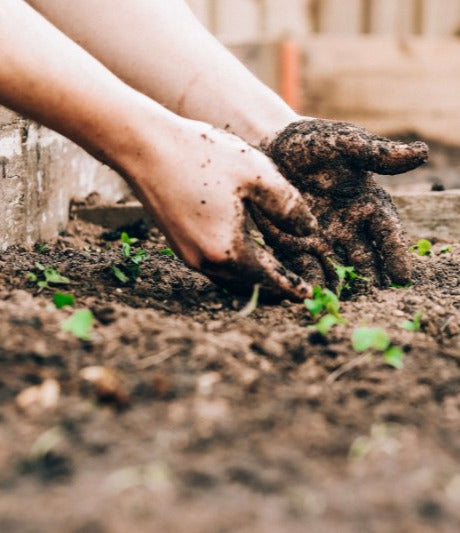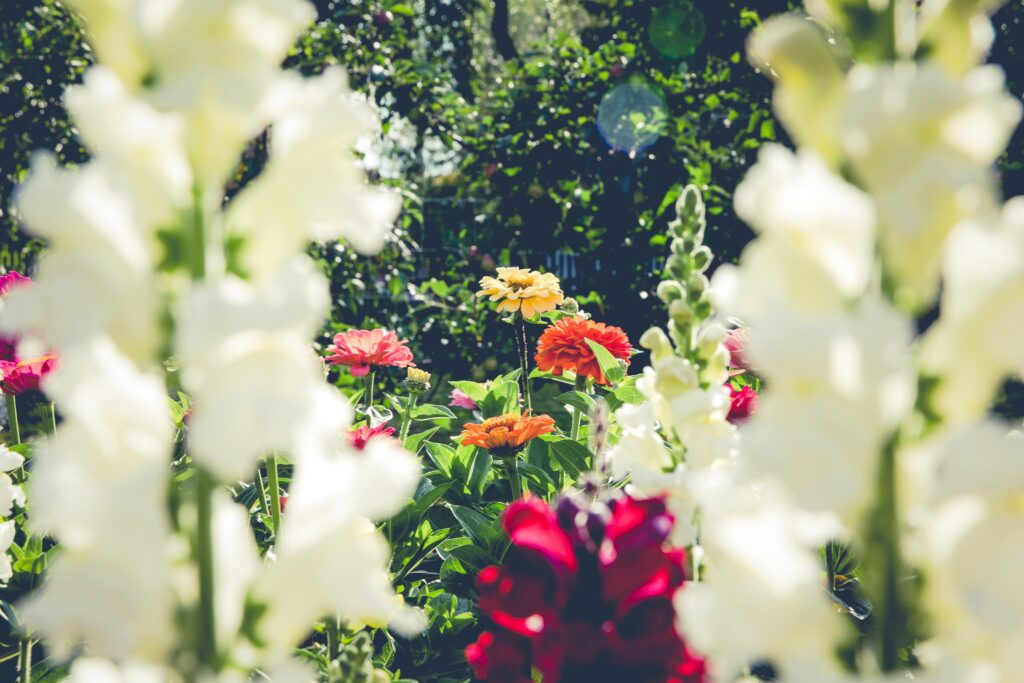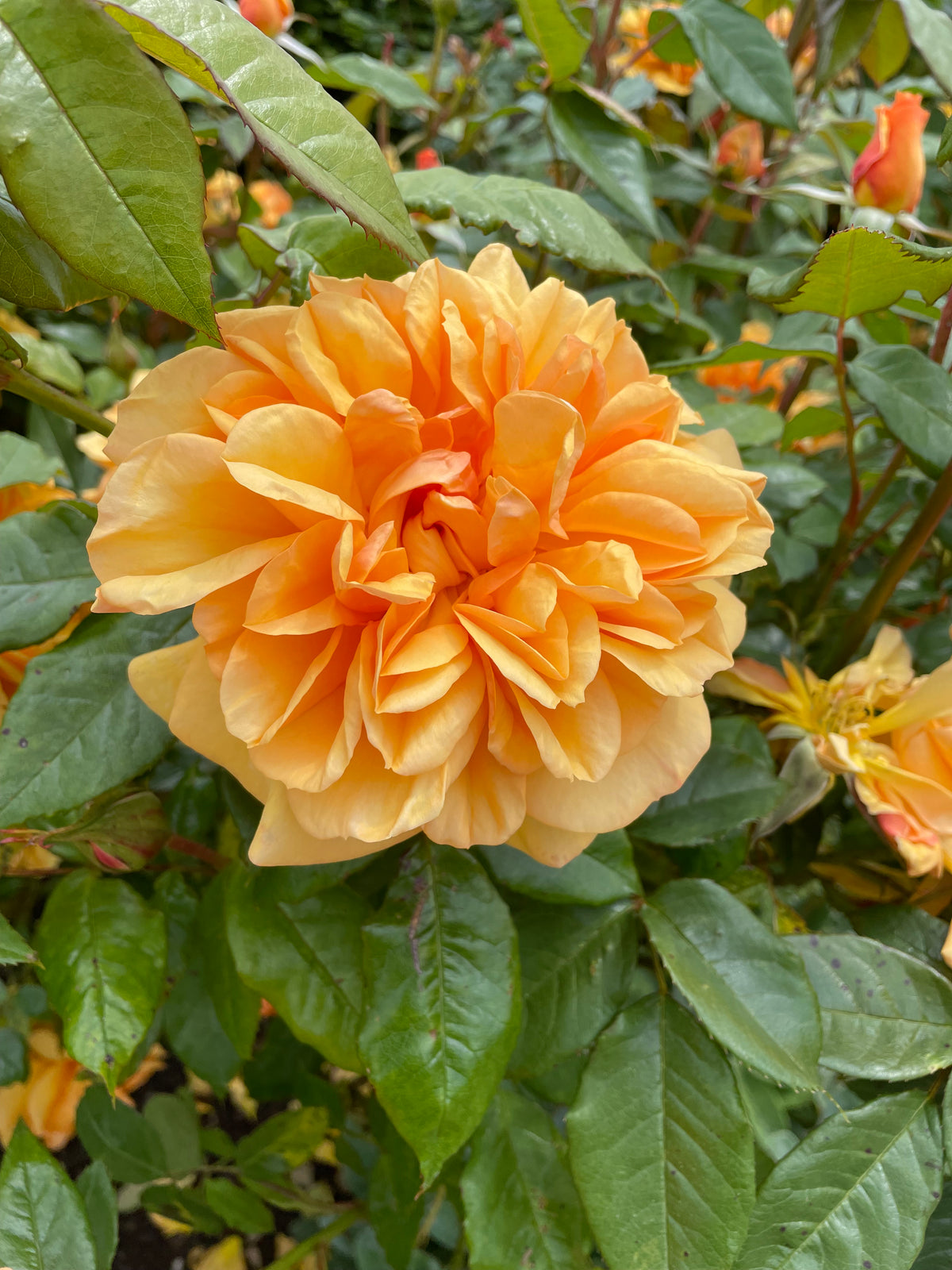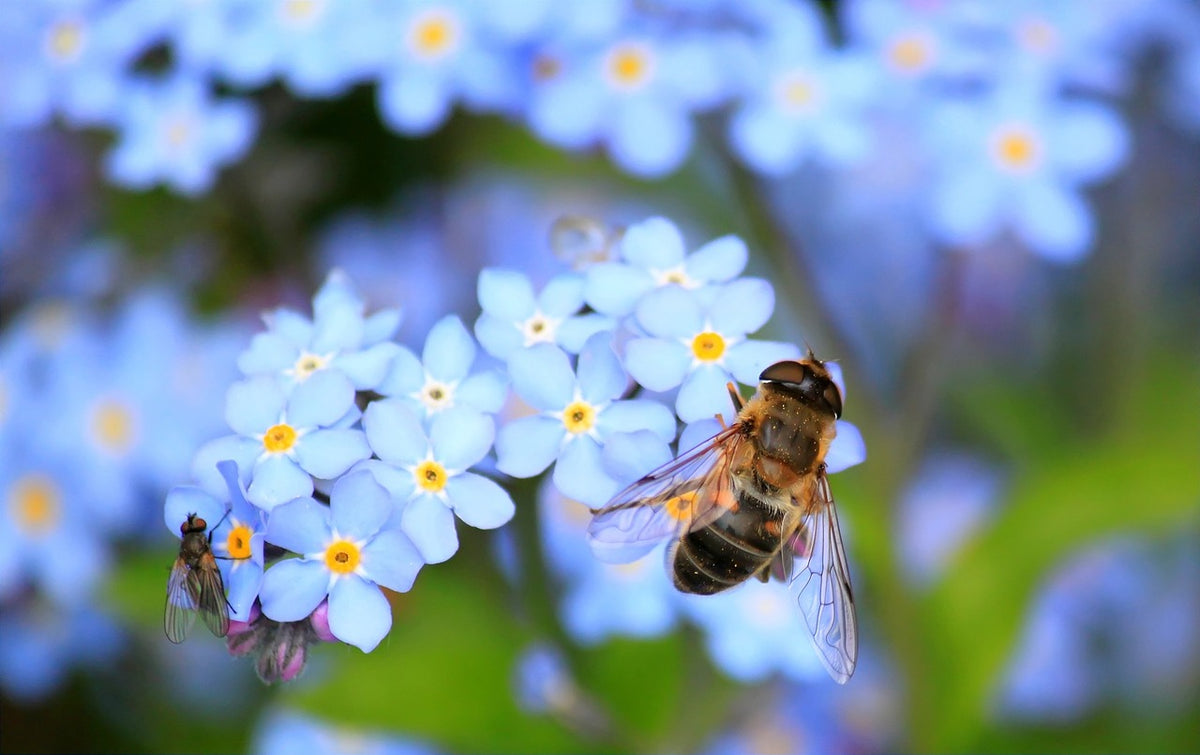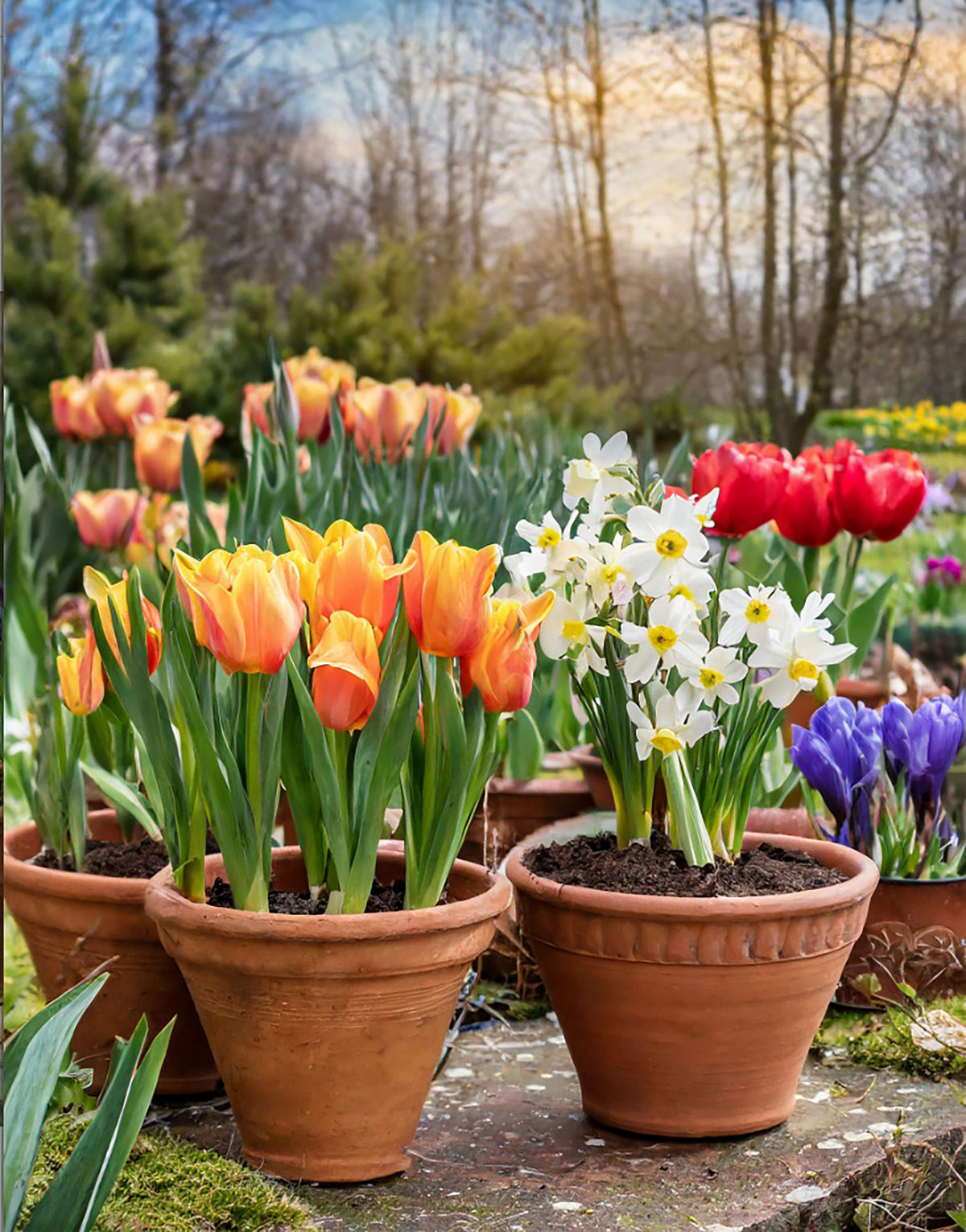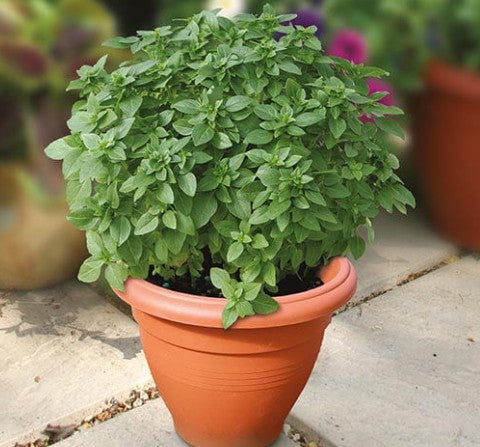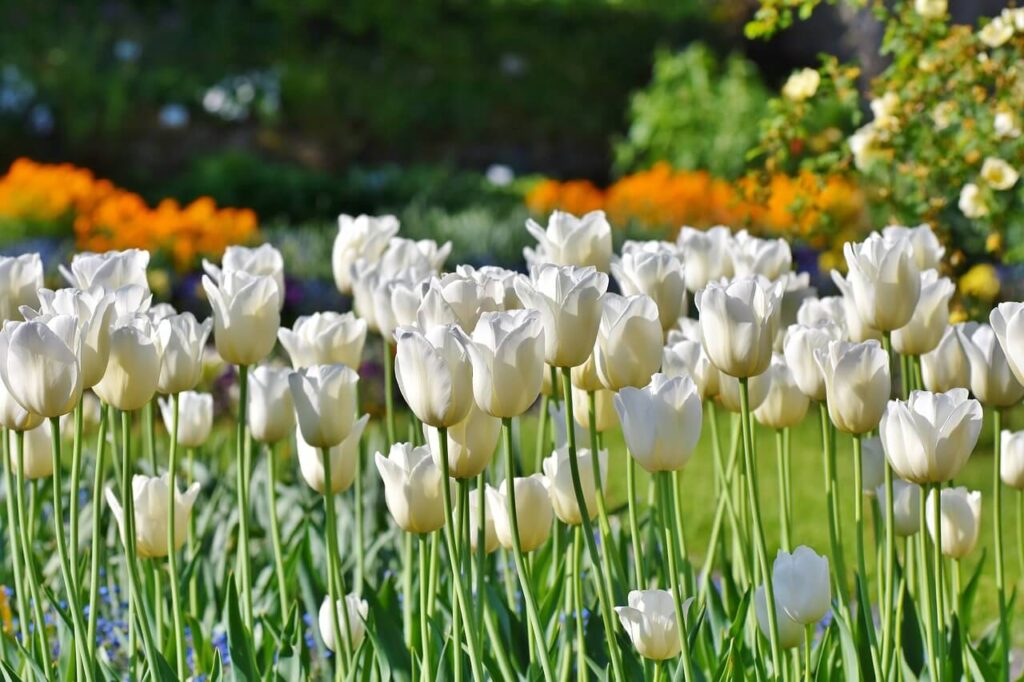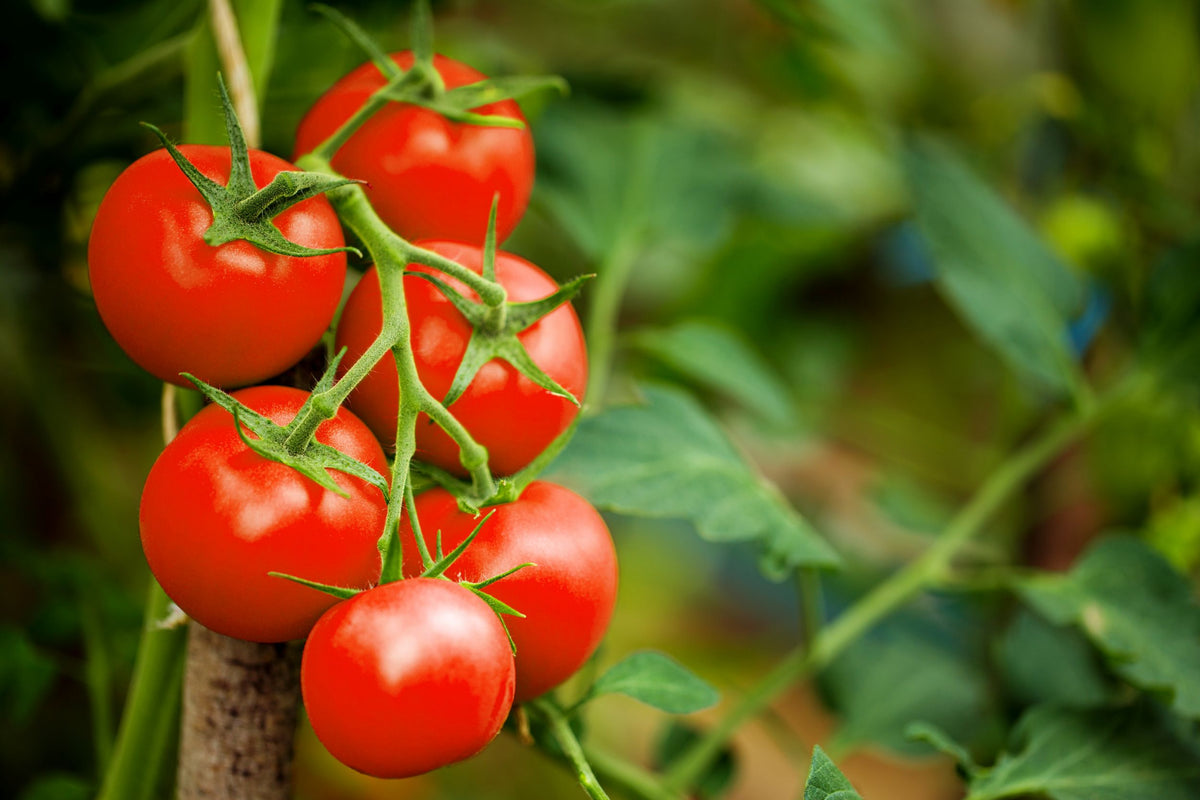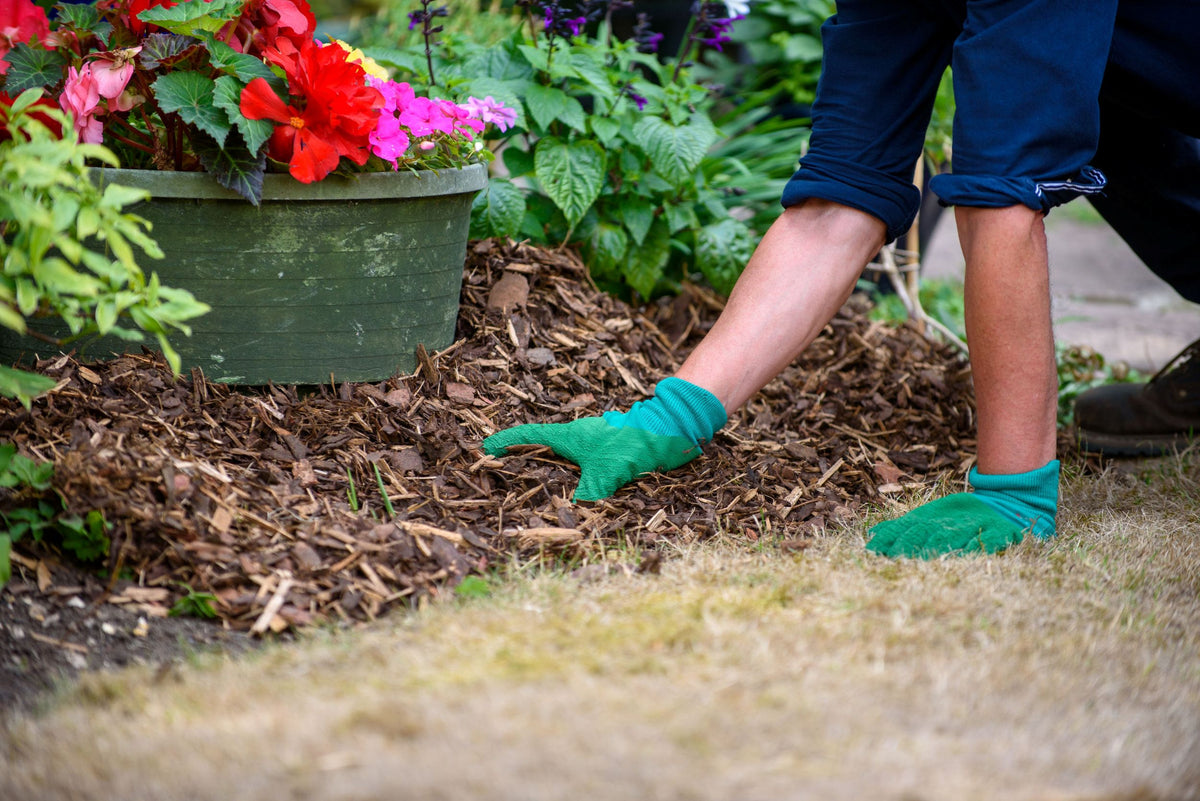Whether you have a spacious garden or just a windowsill, you can cultivate your own herb garden. In this guide, we’ll walk you through the best herbs to grow, how to maintain your herb garden and how to make your own herb garden with an easy step-by-step guide.
Benefits of having a herb garden
- Freshness: Home-grown herbs are always fresh, ensuring better flavour and nutrition.
- Cost-Effective: Save money by growing your own herbs instead of buying them.
- Convenience: Having herbs on hand means no more last-minute trips to the shop.
- Aesthetic Appeal: Herb gardens add greenery and beauty to any space.
- Environmental Impact: Growing your own herbs reduces the need for plastic packaging and transportation emissions.
Easy-to-grow herbs
Here are some herbs that are easy to grow for your herb garden:
- Mint: Mint is easy to grow but can get a bit out of hand! So you might want to grow mint separately in its own pot!
- Parsley: Parsley is an easy herb to grow and is used in plenty of dishes, so you’ll soon be rewarded by having this in your herb garden – it is an annual herb so will complete its lifecycle in a season.
- Basil: Essential for pesto and pairs well with tomatoes. Basil thrives in warm weather – as with parsley, basil is also an annual herb.
- Thyme: A hardy perennial with small leaves and a strong, earthy flavour.
- Rosemary: Woody and aromatic, rosemary is perfect for roasting and grilling.
- Chives: With a mild onion flavour, chives are perfect for garnishing.
How to make a herb garden
Now you’ve picked your herbs, let’s break down step-by-step how to make a simple herb garden for your outdoor space.
Choose the right location
Herbs generally like the sun, so if you can find a spot that gets plenty of sunlight during the day, that would be the best spot – herbs love a windowsill after all!
Find the right container
Once you have picked the perfect spot, you need to find the right container. You can use a pallet, flower pots, or a large tub. A vertical herb garden like a pallet might be best suited for your space, or if space isn’t really an issue, then a large container would work well.
For our herb garden, we’ve gone with a large builder’s bucket!
Add drainage
The water will need to go somewhere, so make some small holes in the bottom of your container so it can easily drain away.
Add a weed barrier
You can use a mesh weed cloth on the bottom of your herb garden, or just layer some ripped bits of cardboard and give them a good soak!
Add your soil mix
We’ve added a mix of potting compost and multi-purpose topsoil to fill the bucket up. We then added a layer of topsoil to the top to finish it off. You can also add some sand into the mix to give the soil more drainage.
Position your herbs
If you are planting herbs that are already established, leave them in their pots whilst you figure out the best position for your herbs.
Earth Cycle tip: If you have hanging herbs, like thyme, position them to the side of the container so they can easily hang over the edge.
Plant the herbs
When you have found the best position for your herbs, dig a nice hole for them, place the herb root inside and cover them back up with the compost/topsoil mix. Press the soil firmly down so the herbs are nice and snug and water well!
Maintaining your herb garden
Now you have your herb garden planted, it’s a good idea to know how to maintain it so you can make the most out of your herbs for as long as possible. Here are a few tips:
Pest Control: Slugs might want to join the party, so crushing up some egg shells and scattering them over the soil is a great and organic way to keep them out of your garden!
Pruning: Trim herbs to prevent flowering and to encourage bushier growth.
Don’t overwater: Most herbs like sunnier climates, so try not to over water them. If it is the rainy season, try to cover up your garden if you can.
Spring prune: In the spring, give your herbs a good prune by cutting off any dead stems and cut back any perennial herbs by a few inches to promote bushier growth.
Earth Cycle organic gardening products
We hope this guide has been useful with your herb-growing endeavours! We love hearing about all things gardening so if you do create your own herb garden, please let us know!
We have all the topsoil, compost, and soil conditioners you need to grow a successful and thriving herb garden. And better still, we can offer free delivery across the UK! So, order your gardening products today and you can start your herb garden in no time!


